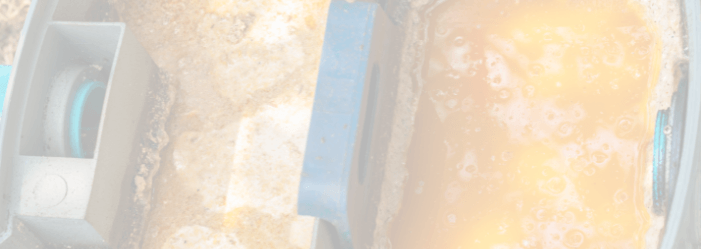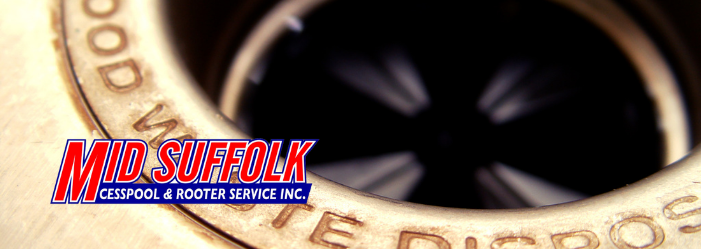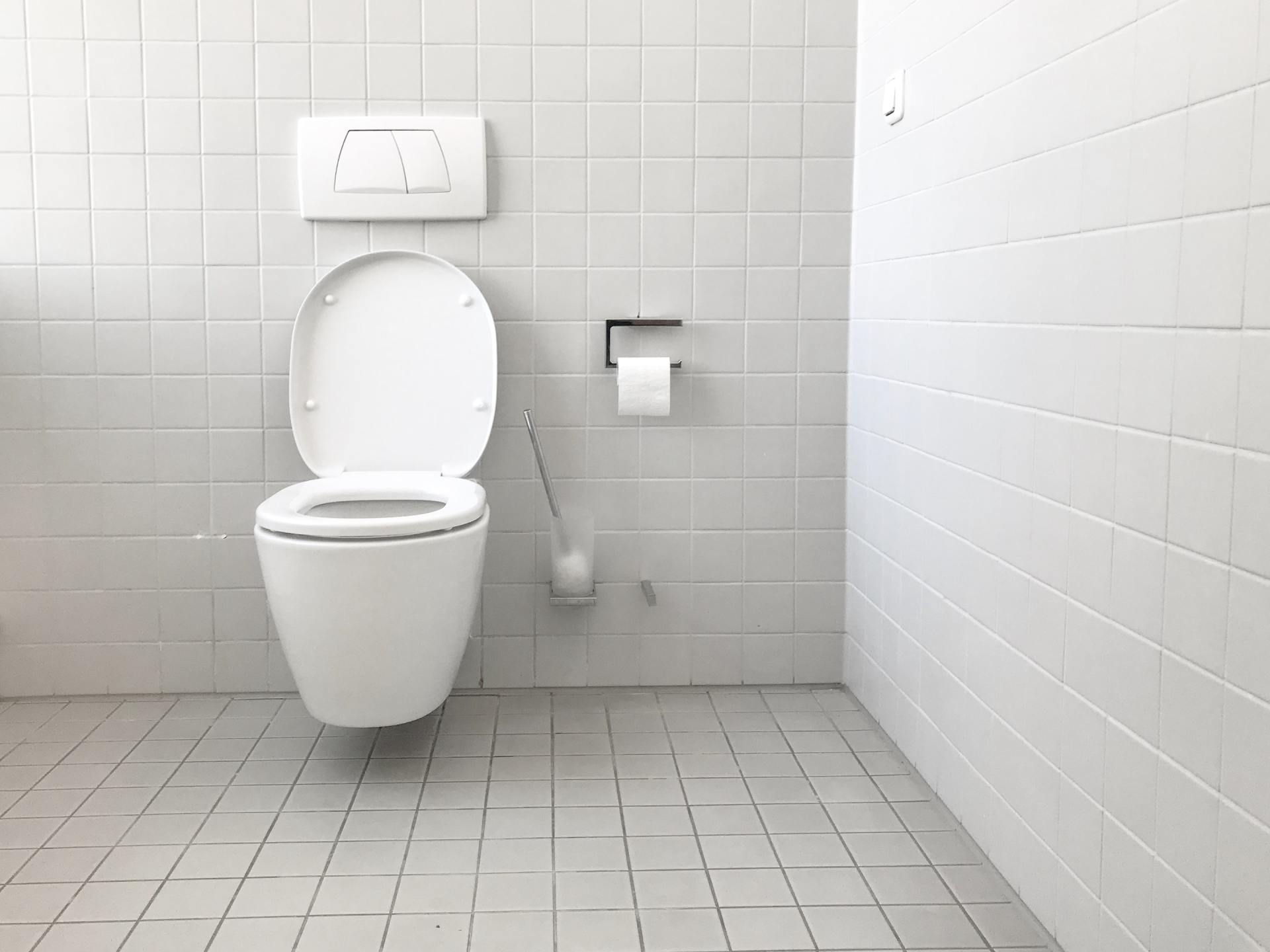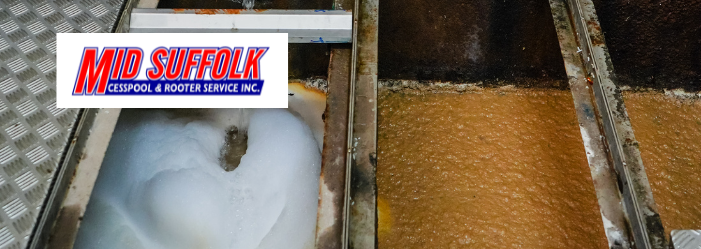Advanced Treatment Septic Systems
It’s becoming more common to invest in “smart” appliances - from voice-powered vacuums to fridges that track your foods’ expiration dates.
But did you know that “smart” septic systems also exist? While they may not be as trendy as other advanced appliances, an advanced treatment unit can bring your septic system to a whole new level! Read on to learn about such systems can be of benefit.
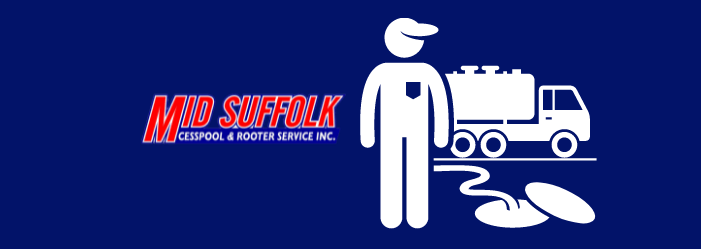
Why Choose Advanced Treatment?
Because of the quality of the wastewater, the sensitivity of the receiving area, or the unsuitability of the soil or location, more than a septic tank and soil treatment system can be required at times. In such cases, a secondary or specialized care scheme could be necessary.
Before going on to the soil treatment facility, these systems may handle household waste to significantly minimize biological oxygen demand (BOD), total suspended solids (TSS), and specific nutrients or pathogens. It's critical to be prepared for these scenarios, particularly if you work in an environment where secondary or specialized care is common.
We’ll walk you through the major features of advanced treatment septic systems:
- Recirculating Sand Filters
RSFs (recirculating sand filters) are fixed-film aerobic bioreactors. Physical processes such as straining and sedimentation, which dissolve suspended solids inside the pores of the media, are other treatment mechanisms used in sand filters.
Chemical sorption of toxins into media surfaces often plays a limited role in eliminating certain chemical constituents (for example, phosphorus). Bioslimes form films on the surfaces of sand particles as microorganisms expand. If the wastewater percolates through the sand surfaces, the microorganisms in the slimes ingest soluble and colloidal waste products. The absorbed compounds are either integrated into a new cell mass or reduced to carbon dioxide and water under aerobic conditions.
- Engineered absorption components
Stone, metal, and cement septic system components are not always feasible, particularly due to their high transportation costs. As a result, plastic is still used to make manufactured absorption components. They're a lot thinner and easier to put together. Furthermore, they can be made in various sizes, making them suitable for any piece of ground.
- Dual Leach Field
Septic drain fields (also known as leach fields or soil absorption areas) are components of a septic system in a home. Drain fields are specially built areas of land that help filter and eliminate pollutants from wastewater.
A drain field is a carefully planned labyrinth of trenches drilled several feet deep and covered with gravel and geo-fabric to keep animals and groundwater out. Perforated pipes used to distribute the household's wastewater routinely are also found inside the trenches.
- Water Restoration
Water regeneration is possible in some advanced treatment septic tanks, as microprocessors ensure that the sewage is correctly treated. Some people use UV lights to destroy any bacteria that are still alive. This generates a large amount of undrinkable water that can be used for irrigation.
- Aerobic Treatment Unit
An aerobic treatment unit (ATU) comprises several processes that work together to produce high-quality sewage via four steps: Gross solids (trash) elimination, aeration, clarity, and sludge. In most cases, these operations take place in different chambers within a single tank. Wastewater can be routed into an aerobic treatment train using a series of tanks.
The technology in advanced treatment for septic systems is rapidly advancing: keep an eye out on our blog for more info on cutting-edge septic tech!



